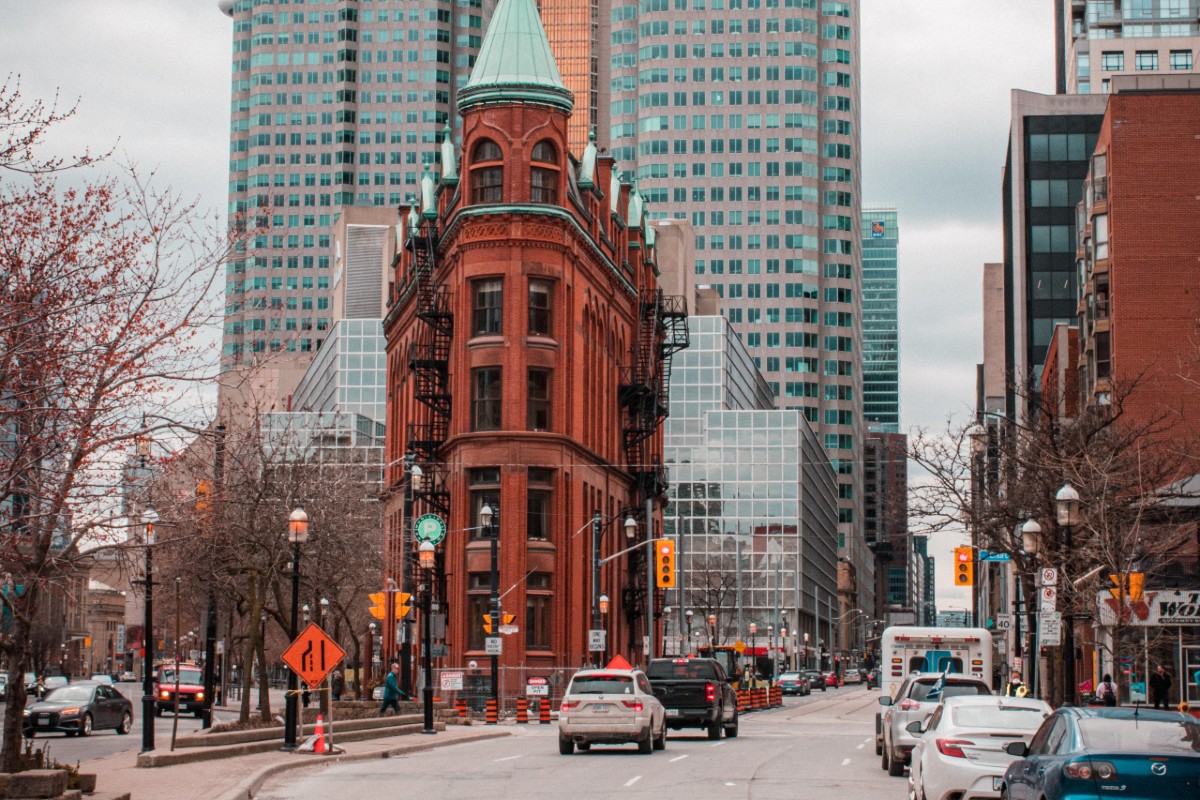
Most of us are aware that the money we put into our bank accounts is then used by the bank institution to make loans and investments of their choice. The types of loans that these banks make go to various industries, although many of us do not know where exactly it’s being funnelled. The industries could be either positive or negative, and there’s a clear link between where money goes and its impact on the world. For example, some banks will lend funds to the arms industry, gambling, tobacco and fossil fuels, supporting the growth of these industries. If that doesn’t sit well with you, you may want to consider where your money is being lent and why, and perhaps reconsider your chosen bank.
Find out where your money is being invested
Your money has a level of power when it comes to directly influencing what happens in the world. You may want to ask yourself “what is my money doing and does that align with my values?” You could use Market Force’s bank table to check your bank’s position on fossil fuel lending and to find a new bank that better aligns with your values. It lists and compares the fossil fuel investment positions of over 120 banks, credit unions and building societies and you’ll see the big four Australian banks have loaned $70 billion to fossil fuel projects since 2008.
Market Force additionally has a table that shows you where your super is being invested. This will help you decide whether you’re contributing to a future you’d like to happily retire in or not, as you can view your fund’s investments into fossil fuels, such as coal mining and coal seam gas.
You can start by simply researching your bank’s policies. If you find that they are not freely available to access, ask directly for them.
Decide on a bank that’s lending money where you’d like to see it go
Ethical banks don’t lend or invest based purely on projected financial returns. They differentiate themselves by considering what impact they have on the world and where their money could go to best serve the planet and our future. Just as you ‘vote with your dollar’ when it comes to the companies and businesses you support i.e., purchasing produce from a local farmers market or shopping locally to support local small business, you can vote toward what future you’d like to create. Considered ‘clean money’, certain institutions aim for a positive impact, made possible by individuals that value supporting climate solutions, social justice, equality, and security.
In the same way that you make ethical choices to support free-range farms, you can align your money with your personal values. Bank Australia is one bank that uses money to help create a positive impact for people, their communities and the planet by lending money to individual customers, housing for people with disability, better housing developments, renewable energy projects and not-for-profit organisations. They claim to create mutual prosperity in the form of positive economic, social, environmental and cultural impact and assure their customers that they can be confident that their money is working to create a positive impact.
They don’t lend to:
- Coal, gas or oil extraction or fossil fuel electricity generation
- Organisations that use intensive animal farming systems (e.g. battery caged hens, sow stalls and farrowing crates)
- Organisations that export live animals
- Casinos, online gambling operators or businesses that derive revenue directly from poker machines or sports betting
- Corporations that produce or sell armaments
- Organisations that produce tobacco, or businesses whose primary activity is selling tobacco
Teachers Mutual bank is another example of an ethical bank that aim to protect the planet and create a greener world for the future generations, such as through investments made into climate-friendly projects including solar energy and low carbon transport. The leaders in fossil free banking vow to not use member’s funds to directly lend to large-scale greenhouse polluting activities within the fossil fuel industry, nor use members’ funds to finance large-scale greenhouse-gas pollution. The bank owns six buildings with installation of solar PV and LED’s with carbon and have been a carbon neutral bank for over six years.
If you’re now calling up your bank to find out their lending practices and decide to switch, it’s worth providing feedback on why you’re leaving. This way the bank will hear your message and it may influence them to refine stronger commitments to ethical investments and loans.
Important: This content has been prepared without taking account of the objectives, financial situation or needs of any particular individual. It does not constitute formal advice. Consider the appropriateness of the information in regard to your circumstances.
This story was originally published on Tilly Money. Read more from Tilly Money like top micro-investing apps.
Image: Juan Rojas on Unsplash



